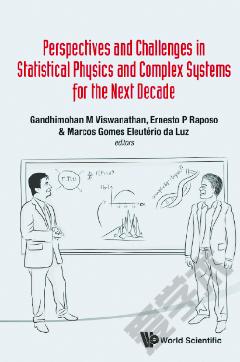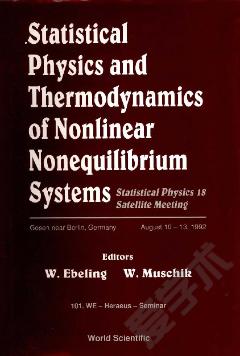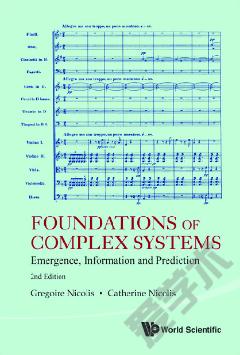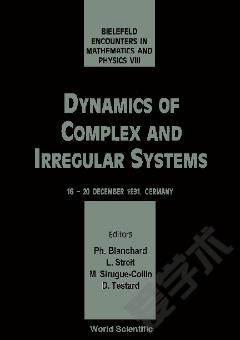Foundations Of Complex Systems: Nonlinear Dynamics, Statistical Physics, Information And Prediction
Complexity is emerging as a post-Newtonian paradigm for approaching a large body of phenomena of concern at the crossroads of physical, engineering, environmental, life and human sciences from a unifying point of view. This book outlines the foundations of modern complexity research as it arose from the cross-fertilization of ideas and tools from nonlinear science, statistical physics and numerical simulation. It is shown how these developments lead to an understanding, both qualitative and quantitative, of the complex systems encountered in nature and in everyday experience and, conversely, how natural complexity acts as a source of inspiration for progress at the fundamental level.
{{comment.content}}








 京公网安备 11010802027623号
京公网安备 11010802027623号